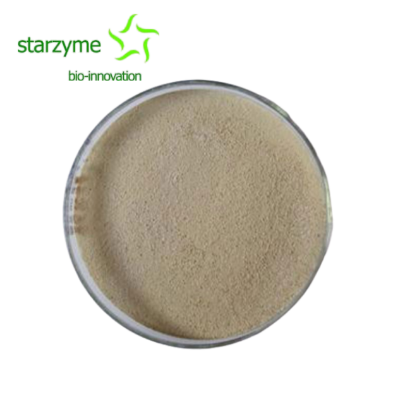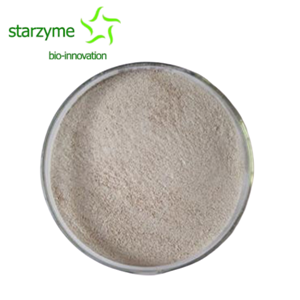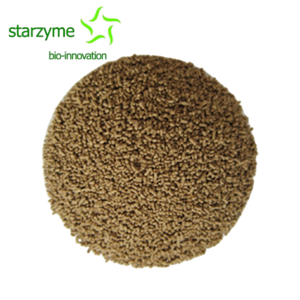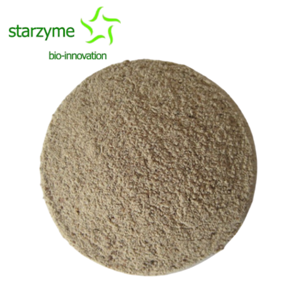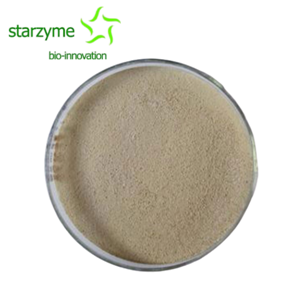The Characteristics & Health Benefits of Adding Bacillus coagulans to Animal Feed (Part 1)
Due to its ability to generate spores, Bacillus coagulans not only possess beneficial properties of typical lactic acid bacteria, but also exhibit good resistance stability. Spores have extremely strong resistance to heat, radiation, chemical drugs, and hydrostatic pressure. Their ability to resist ultraviolet radiation is generally twice as strong as that of their nutrient cells. Bacillus coagulans can grow at 30-65 ℃ and produce spores that are resistant to high temperatures of 90 ℃. They exhibit competitive, antibacterial, and parasitic abilities, which inhibit the growth of pathogenic bacteria in the digestive tract.
The characteristics of Bacillus coagulans enable them to overcome the problems of ordinary lactic acid bacteria preparations, and have unparalleled features and advantages compared to general lactic acid bacteria.
Characteristics of Bacillus coagulans
1. Facultative bacteria: facultative aerobic microorganisms that ferment homolactic acid to produce L-lactic acid.
2. High temperature resistance: The spores of this type of bacteria will not die even if stored in boiling water for 30 minutes.
3. Acid resistance: Acid resistance tests were conducted in various artificial gastric juices with different pH values, and the results showed that the number of viable Bacillus coagulans did not decrease with time in artificial gastric juices with pH 2.0 or above. However, even in bacterial milk, the number of viable bacteria in regular lactic acid bacteria nutrients will significantly decrease.
4. Highly reproduces and colonizes in the intestine. After the spores of this type of bacteria grow into nutrients in the intestine, they can colonize and normalize the intestinal bacteria.
5. Produce antibacterial substances against Gram negative intestinal spoilage bacteria such as Escherichia coli, Shigella, and Salmonella typhi.
The health benefits of Bacillus coagulans
Bacillus coagulans, due to its ability to form spores, has good preservation properties, overcoming the shortcomings of poor preservation of common lactic acid bacteria preparations on the market, where the number of viable bacteria decreases significantly with prolonged storage time. Therefore, in recent years, research on the health benefits of Bacillus coagulans has become increasingly in-depth.
Bacillus coagulans mainly have the following health functions:
Currently, probiotics widely used in the feed industry around the world to regulate the balance of animal gut microbiota include lactobacilli, bifidobacteria, Bacillus, yeast, and their cultures. Most beneficial bacteria in the fermentation production process are aerobic bacteria. When the product enters the animal intestine, it still consumes a large amount of free oxygen and colonizes in the intestine, reducing the redox potential, which is beneficial for the growth of anaerobic bacteria such as lactic acid bacteria and bifidobacteria in the intestine, thus achieving a microbial balance in the gut microbiota.

